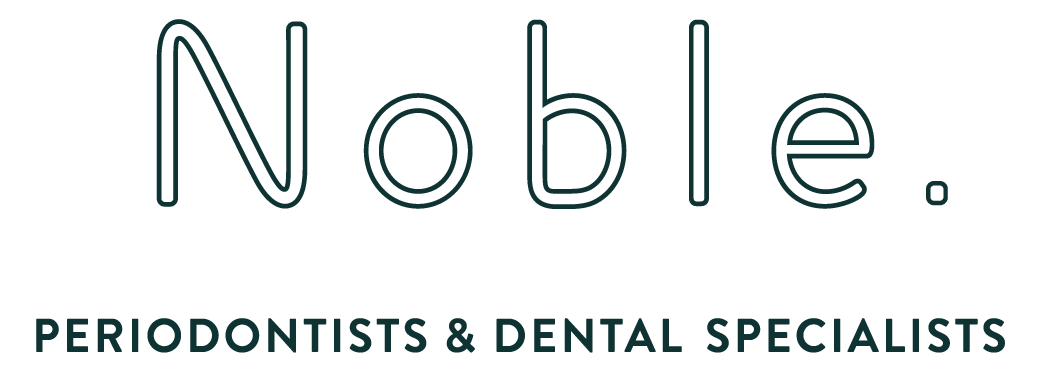Qualifications and experience to look for in dental implant specialists in Auckland
Qualifications of implant specialists
What qualifications should you look for in implant specialists for complex procedures? Look for periodontists with Master's degree training, Fellowship status, and documented high-volume experience placing thousands of implants.
Dr. Richard Longbottom exemplifies these standards with his Master of Science from the University of North Carolina and Fellowship of the International Team of Implantology (FITI).
Advanced periodontal education sets specialists apart. True specialists complete intensive Master's programs focusing specifically on implant placement and gum health. This rigorous training covers complex anatomy, surgical techniques, and tissue management that general dentists rarely encounter.
Fellowship recognition indicates elite expertise. Fellowship status from organizations like the International Team of Implantology requires meeting strict criteria for training, experience, and examination. These designations represent the highest level of professional recognition in implant dentistry.
Research background demonstrates depth of knowledge. Specialists who complete research during their training understand the science behind implant success. This academic foundation helps them solve complex cases and stay current with emerging techniques.
High-volume experience builds competence rapidly. Specialists placing hundreds of implants annually encounter diverse situations that sharpen diagnostic skills. This experience prepares them for unexpected complications during routine procedures.
Professional affiliations ensure ongoing development. Membership in organizations like the American Academy of Periodontology and Academy of Osseointegration requires continuous education and adherence to strict ethical standards.
Technology adoption indicates progressive thinking. Leading specialists invest in CBCT scanners, computer-guided surgery, and digital workflows. These tools improve accuracy and reduce complications when used by properly trained professionals.
Teaching credentials validate expertise. Specialists who lecture to other dentists or conduct continuing education courses demonstrate mastery of their field. This teaching role requires deep understanding of complex concepts.
Board certification provides quality assurance. Specialists certified by recognized boards have met rigorous training and examination requirements. This certification indicates competence verified by professional peers.
Patient outcomes reflect true competence. Look for documented success rates above 95% and positive patient testimonials. These real-world results matter more than credentials alone.
Related Questions:
What's the difference between a specialist and general dentist for implants? Specialists complete 3+ years additional training focused specifically on implants and periodontics, far exceeding general dental education.
Are international qualifications recognized in New Zealand? Yes, but practitioners must meet DCNZ registration requirements and often complete additional local training.
How often do specialists update their training? Leading specialists complete 20+ hours continuing education annually plus attend international conferences and advanced courses.
